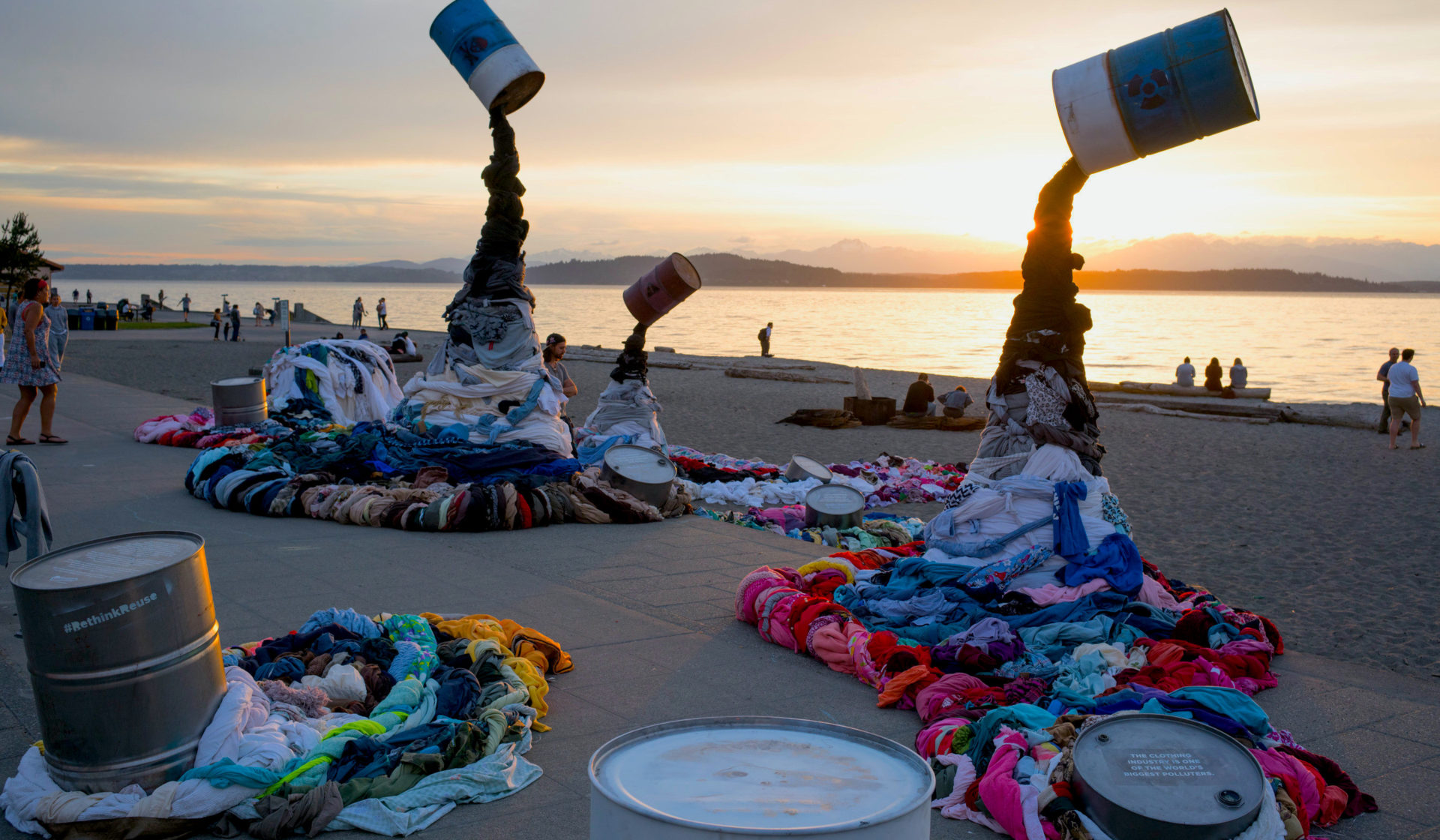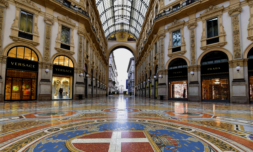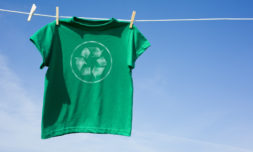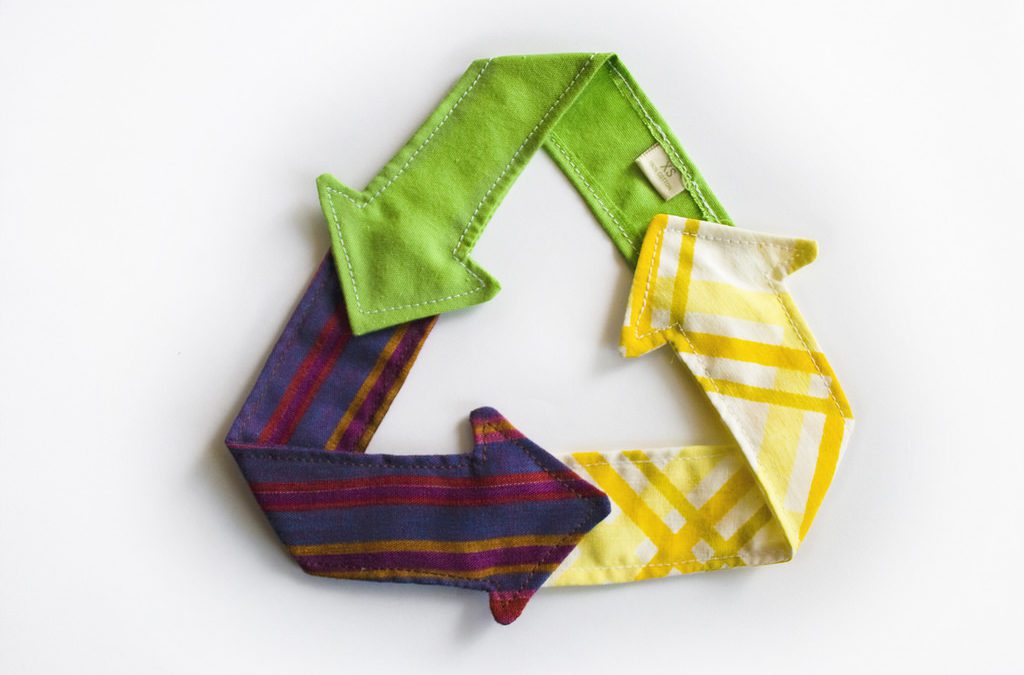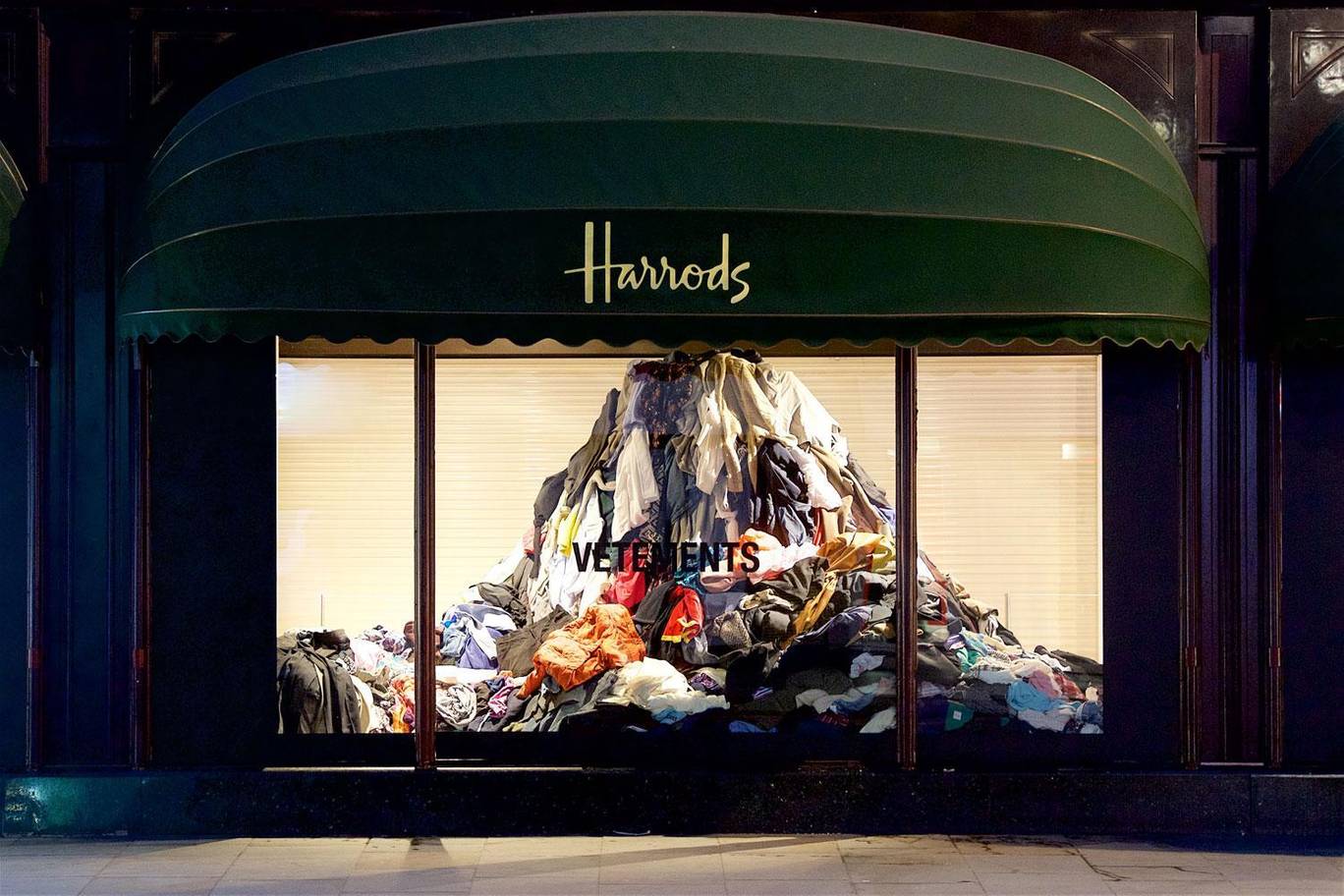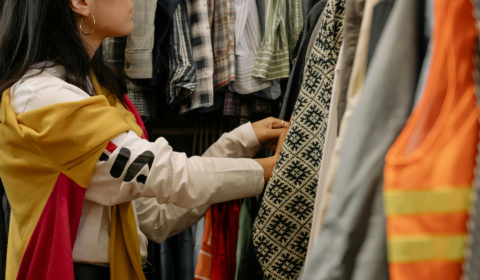2020 was a year of reckoning for the industry, which is now expected to continue making significant shifts towards more sustainable practices and generating less waste.
The world is drowning in clothes. Though recycling programmes have existed for decades now, with little means of recycling jeans or dresses, of the 100 billion garments bought annually, 92 million tonnes of them get thrown out. By just 2030, that figure is expected to increase by over forty million.
Not to mention the synthetic fibres used in 72% of our clothes that take 200 years to decompose nor the fact that the apparel industry accounts for 10% of global greenhouse gases every single year.
It’s an environmental disaster that, until the initial outbreak of Covid-19, showed no signs of abating. In the wake of the pandemic, however, an opportunity was presented for fashion to pause and reconsider the importance – or lack thereof – of its outdated seasonal structure. To redefine business models and build a more sustainable, progressive future.
‘Reset’ was the catchphrase du jour of 2020, after all.

To this end, the pressure is on for brands and retailers to ditch the linear take-make-waste approach that’s been the industry’s backbone for a century and fix the mess that years of producing trend-driven, cheap clothes, often unethically I might add, has made. Forced into this new era of reckoning by the disruptions of 2020 as well as by consumers more conscious than ever before about the industry’s impact on the planet, fashion no longer has a choice but to welcome change. That, or risk going under.
Fortunately, fashion’s refashioning is well underway. From the manufacturing of environmentally friendly tag fasteners to collaborating on the creation of biofibres, some in the apparel sector have teamed up with technology start-ups to clean up our wardrobes.
Not only are these designers and tech companies working hard to improve sustainability and interrupt the path to landfill, but it’s also been very encouraging to see so many brands and retailers discussing the scaled-back way in which they plan to rebuild the industry after this crisis (an industry no one can deny was rapidly sprawling out of control).
And thankfully fast fashion, which has always been popular due to its ability to quickly and inexpensively reproduce runway looks, is in serious decline. In its place has blossomed a pivot to a slower model which takes a stand for the environment with eco-friendly pieces designed to be longer lasting.

One of the most exciting examples of this being H&M’s $100 million quest to save the planet by undoing the eco-devastation its business model has caused.
Up there with the industry’s top polluters and the pioneer of fast fashion, the brand is pouring a substantial amount of money into promising new tech called the Green Machine which could allow consumers to recycle clothes the way we recycle Coke cans.
‘The Green Machine is a technological milestone as well as an economical one,’ says Erik Bang, Innovation Lead at H&M Foundation. ‘We are close to not only recycle blend textiles at scale but also making it affordable for all, killing the myth of sustainability being a costly compromise. We can’t settle for less if we’re serious about stopping climate change.’
This is all in addition to our individual approaches to style, which have transformed significantly in recent months, resulting in a second-hand clothing boom, a rise in DIY, and more incentive to find fresh ways of wearing what we already own. Rent, resell, repair, re-wear, you name it, they’ve all become words ingrained into our modern-day fashion lexicon and the industry has taken note.









